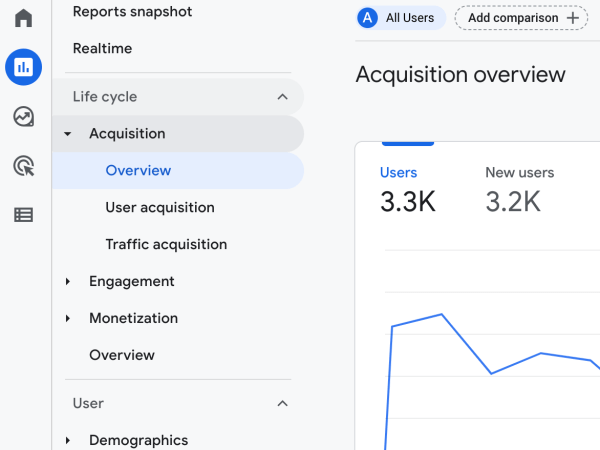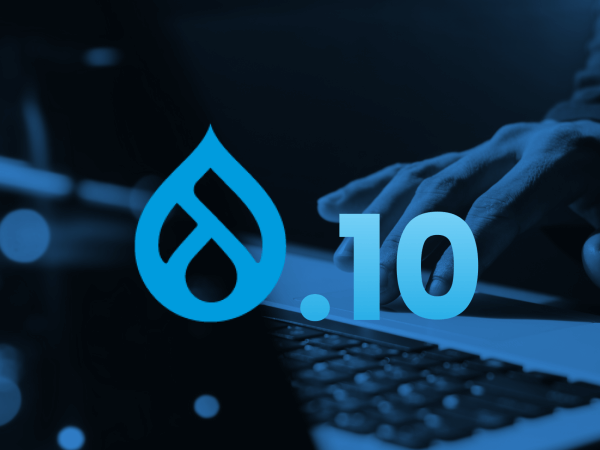Catchy title, right?
So, what does it mean?
Simply put, it means we (Thinkbean) have seen more than our share of rescue projects (as we term them, internally).
So, what is a rescue project? Well (to us), a "rescue project" is a web application, website, etc. which has been brought to us by a client because the previous development partner they were using was failing to meet their expectations (usually, on multiple levels). A few examples are… "the previous agency has become less responsive (or worse, unresponsive)", "the previous agency can't seem to get "X" piece of functionality to work properly", "the previous agency has failed to meet a number of promised timelines", etc. – and the list goes on.
How does this happen? How is it that the client (who spent many hours and evaluated many agencies before choosing the development partner they chose) ends up with an agency which has failed to live up to its promises? The answer to this question is not as difficult or as convoluted as one might initially think.
As is too often the case, the majority of agencies which claim to specialize in Drupal... really don't. You'll learn more as you read the following article. Just keep in mind one thing: Many agencies are very good at "selling" Drupal. Many fewer agencies are very good at actually specializing in Drupal. They're more than happy to get your business, figuring they have you "locked in" once you've on-boarded with them. However, one of the great things about Drupal is there are, quite literally, hundreds of agencies and thousands of developers which (if they are very good at what they do) can take over a project, correct the mistakes of the previous agency and get the application to where it needs to be.
Thinkbean could (and largely, has) made a career out of righting the wrongs of other agencies and not just taking the project over the finish line but taking the project to places the client always wanted it to go but never thought possible (at least, not with the previous developer).
No one wants to be the person who is in-charge of investing tens (or hundreds) of thousands of their company's dollars into a new website, application or digital asset… only to have it fail to meet its expectations.
Even fewer people want to be the ones to then tell their management team the project needs even more investment – sometimes, as much as the initial expenditure – to fix the problems; or worse, start over.
Unfortunately, we get far too many of these types of projects. In the web industry, we call them "rescues". They are every bit as horrible as they sound... but there’s good news; They can be prevented.
Sure, we all strive to get it right the first time. When it comes to web projects, it’s easy to be swayed by beautiful design or to set aspirations for your project that the Content Management Framework (CMF) you are using could never achieve. Rescues are not just about fixing a mistake; they are vital in recognizing lost opportunities, identifying solutions and mitigating those losses.
Getting it right is a simple process.
Before starting a project (especially one requiring a six-figure investment), answer two questions:
- What are your business goals?
- What do you need your users to do?
A straightforward Discovery process helps reveal these (oft-intertwined) goals. More importantly, it opens a discussion about business strategy.
To avoid a rescue: Define (at the very least) business goals, user goals, user types and target audience. What do you want to achieve as a business and what do you want your users to do when they get to your site? Understand if consumption is happening predominantly on mobiles or on desktops - or what mix of the two exists. Determine where referrals come from and know what actions users should take while using your application.
Organizations that are purposeful about their digital business tool development and implementation understand the mix of business strategy with web strategy. They create intention.
Would you invest with a financial advisor without establishing retirement goals? ...hire a marketing agency without communicating your marketing strategy? Of course not. The Discovery phase of a web project is, at least, as important as the aforementioned scenarios. It’s, also, all too easy to ignore.
Why?
Building a web asset is much easier than ever before. You don’t need deep skills or experience to build a website. There are templates for all sorts of web properties. You can launch an attractive site at a low cost.
Look and feel is cheap and relatively easy. Purpose is neither. On the surface, an app may appear to be capable of doing what the project asks... but without strategy and goals, you'll never know if your project is successfully meeting the needs of your users/customers and administrators.
You may think the above happens only to the small business with a $20,000 website. Not true. Rescues happen to businesses of all sizes and budgets, from very small to very large.
Some key tips to avoid a website rescue:
- Don't put the cart before the horse. Don't design first and build second. Form follows function. Understand what you're building and why you're building it before putting any resources into how it's going to look.
- Work with a firm or internal team with strong development chops – the right coding helps avoid a lot of potential issues.
- If your team are Joomla or WordPress experts, don’t expect them to understand how to (successfully) create a new application or complementary digital assets in Drupal.
- If your project specs call for Drupal or another CMF that can support complex, enterprise-level web applications, use an expert in that CMF.
- We all like to test ourselves, developers included. A half-million-dollar database is not the place to experiment. Make certain your Production site is well-removed from your Development and Staging sites.
- Get all stakeholders involved in Discovery. The day before launch is not the time to get the founder’s opinion on the project.
A key tenet of the purposeful web is objectivity. Every component of your website spec should serve a purpose. It’s like trying to raise a family based on the number of bedrooms in your house – you don’t need to fill every room. With your web project, just use what you need to meet your goals. Don’t be frustrated by the Discovery phase. It can take a little while but it helps tremendously to make the rest of the process flow smoothly.
Projects that rush toward creating site pages without having put forth the effort to conduct a proper Discovery are inviting failure. Objectivity helps justify the investment of time and money that Discovery requires. When objectivity is applied and goals are defined, every action happens because it helps meet a goal and helps solve a business challenge or need.
For enterprise-level projects, we rely on Drupal. The more complex the data model behind a project and the more moving parts involved, the more that can go wrong. Drupal’s value allows you to build complicated back-end models AND beautiful and functional front-end designs. Drupal (done well) guides your users, automates processes and diminishes the likelihood a user gets lost or performs the wrong action.
For large-scale web projects, the answer to one more question may help determine if you are investing the right funds, establishing clear goals and using the most relevant CMS: Does your application need to DO something or just SAY something?
The burden of working toward the purposeful web does not reside solely with the client. Developers must share the burden. We believe the web development industry must:
- insist on a discovery phase to start a project.
- work with a CMF that aligns with given expertise and pass on a project when it does not.
- ask why - for every element the client believes is needed.
- test exhaustively – find the flaws before your client (or your client’s customer) does - and fix them.
If a complex app or website is an integral part of your business, follow the counsel above. If you still need a rescue, realize it and take the appropriate action asap. Waiting almost always makes things worse. Invest appropriately to create an asset that meets your business goals. The web is a powerful tool for complex businesses and the purposeful web exists for those companies that must have engaged users.
Don’t settle for getting what you want. Get what you need.
- Log in to post comments



